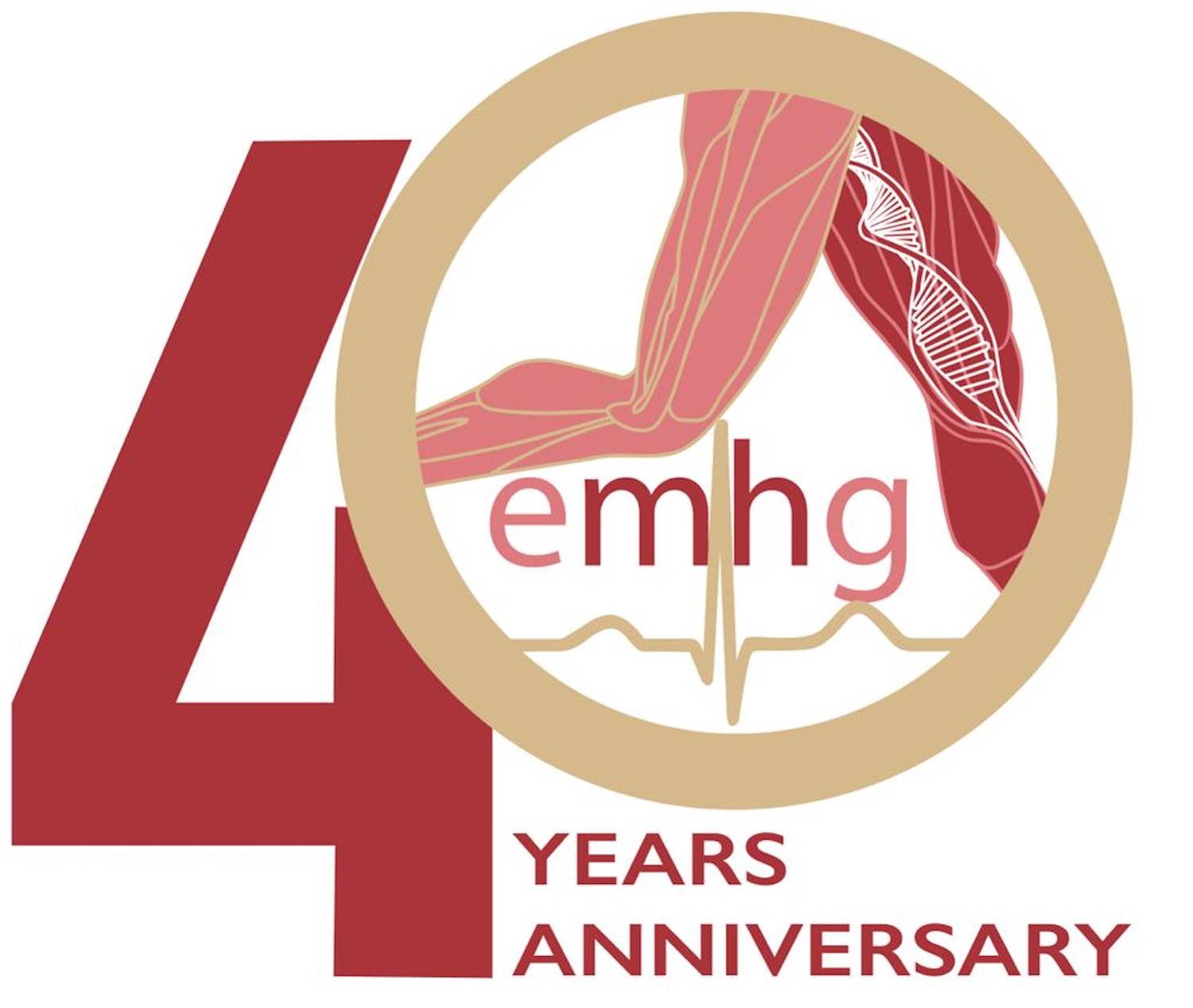Testing results
What do I do if my biopsy result is negative?
A negative biopsy result means that you are not at risk of developing MH. For any future operations no specific precautions relating to MH need be taken. If you were having the biopsy because you had a suspected MH reaction, other family members can be reassured that they also are not at increased risk of developing MH. However, if you are having the biopsy because a family member had a reaction, and you are given a negative result, whilst you and your immediate descendants are fine, other blood relatives may still need to be tested. It is best to check with the doctor at the time of your biopsy.
What do I do if my result is positive?
A positive result means that you are at risk of developing MH. The anaesthetist will 5 explain in detail what this means for you. You will have the opportunity to ask any questions and will also be given information to take away with you explaining more about MH. You will be given an MH alert card for your wallet. A positive result of MH does not mean that patients can no longer have surgery or anaesthesia. MH can be managed well. It simply means that any MH triggering anaesthetic drugs need to be replaced with alternative anaesthetics.
Is there a cure?
There is no cure for MH; the management involves avoiding the triggering agents during anaesthesia.
Should I be worried about further anaesthetics if I am at risk of MH?
No. It is important to realise that operations can be performed safely and effectively for patients at risk of MH. All anaesthetists in most developed countries are aware of this condition. However, in order to anaesthetise you safely anaesthetic equipment needs to be specially prepared. Although the condition may be documented in your notes, it is important for you to inform the anaesthetist of your MH status before any operation. We advise that you keep your MH warning card in your wallet or purse and wear a warning disc in case you are brought into hospital unconscious after an accident, or through illness.
Can I travel abroad if I have MH?
Most developed countries have well trained anaesthetists and the necessary anaesthetic drugs and equipment required to manage patients at risk of MH. In less developed countries safe anaesthesia for patients at risk of MH cannot be guaranteed. Hospitals in these countries are also unlikely to be able to afford to stock Dantrolene, which is the antidote to MH that is used to treat an MH reaction.
What do I do if I need an operation in the future and am negative?
If you are negative by muscle biopsy, you can receive anaesthesia without any special precautions.
Do I need to inform any family members?
Yes. On receiving a positive result, you are advised to inform blood relatives of your diagnosis and ask them to contact the MH Unit for advice regarding testing as soon as they can.
Can I still have a local anaesthetic at the dentist or an epidural during labour?
Yes. All local anaesthetics are safe to use. However, it is still important to inform those treating you that you are at risk of MH.
Can I have a biopsy if I am pregnant?
No, we do not offer the biopsy to pregnant women.
How old do my children need to be before they can be tested?
This is determined individually by the MH Unit. In many units children should be at least 10 years of age and weigh more than 30 kg before they can be tested by muscle biopsy.
I do not have MH but can MH skip generations?
No, if you are negative by muscle biopsy, your children and their children are all negative.
What if my doctor does not believe my words?
Your GP will get a copy of the result. You will also get a letter to confirm your diagnosis. Your records will be kept in the MH unit where you have been tested and can be contacted to provide copies when necessary. MH units are available to speak to any doctor who wishes to discuss your management or future anaesthetics.
A relative of mine wants to be tested for MH, what should I do?
Please ask your relative to contact the MH Unit and we will give advise about the next steps to take.
I have been told I have Malignant Hyperpyrexia – is this the same condition?
Yes, malignant hyperpyrexia is an old name for malignant hyperthermia.

